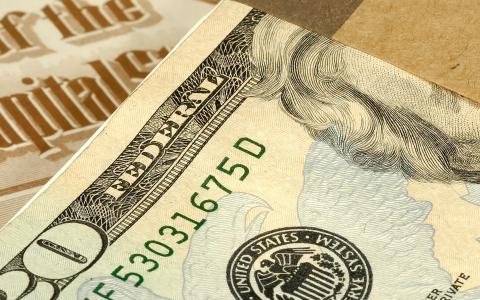
As stores close their doors, ecommerce sites are dropping prices.
The word “unprecedented” has been thrown around quite a bit to describe the impact that the coronavirus is having on society: Restaurants are takeout-only, massive events such as the NCAA March Madness tournament have been canceled, and with the exception of grocery stores and pharmacies, the vast majority of retailers have shifted to ecommerce only.
And with that reduction in opportunities to shop, and brick-and-mortar stores being forced to close across the country, retailers are turning to a tried and true tactic to boost their numbers: sales.
Though some of these sales may have been preplanned, Sucharita Kodali, principal analyst at Forrester, said that many are likely bids to encourage consumer spending in an uncertain time for the industry.
“They’re trying as desperately as they can to try to salvage what they can,” said Kodali.
The coronavirus has brought upon us something of a “Black Friday in March,” with several retailers offering cuts. These sales have stretched across the industry, including department stores at every level:
- Nearly all of Nordstrom’s inventory is 25% off.
- Macy’s is offering an extra 30% off a similarly wide assortment.
- Neiman Marcus is slashing prices on sale items up to 40%.
- Gap’s prices are 40% with no exclusions.
- J.Crew is up to 40% off everything, plus an extra 10% off.
- Brooks Brothers is touting 25% off everything.
- Dick’s Sporting Goods is offering $10 off orders of $50 or more—and that’s just a small sampling.
Smaller, direct-to-consumer brands are offering rarely seen discounts, too. Weezie Towels is temporarily giving customers free shipping, while Casper is touting an end-of-season sale.
Some brands are coupling discounts with donations to charities, like direct-to-consumer home and lifestyle brand Hill House, which is offering 10% off its bedding and towels and is also donating 10% of its sales to nonprofits God’s Love We Deliver and Room to Grow. Everlane is sending all of the profits from the sale of its 100% Human line to fund Feeding America’s COVID-19 Response Fund.
Kodali pointed out that for now, the uncertainty over how long the coronavirus’ most severe impacts will last is almost a boon for retailers: If things continue, people could be more reluctant to shop.
“Worst-case scenario is that we go into a depression, and who’s going to buy then?” she said. “At least now, what you have is hope on your side.”
Indeed, the existence of that hope, she said, will be what pushes people to hit Place Order online.
“They need to try to sell what they can and try to pull out all the stops to do that,” she said.



